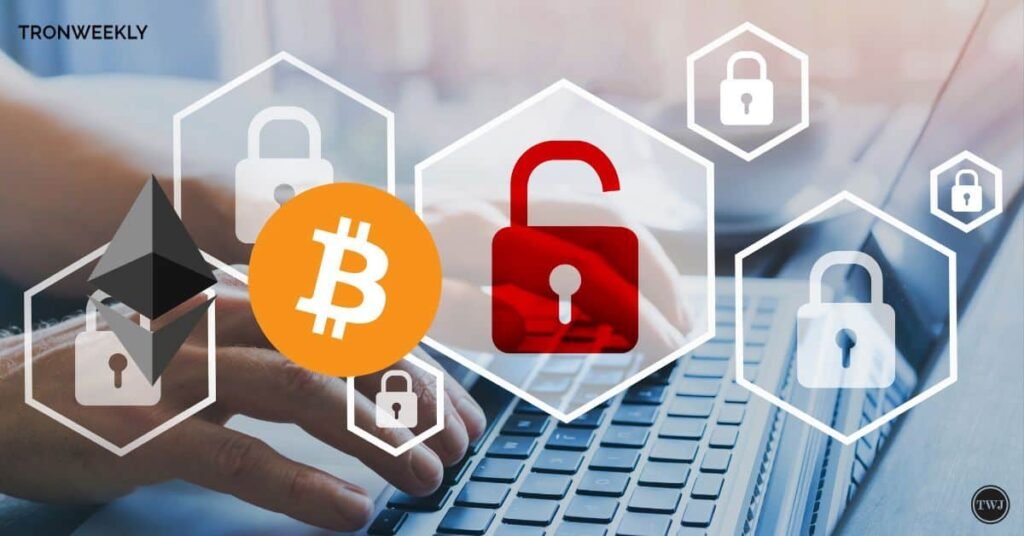Is your company prioritising security?

In this age, having your company prioritising security is essential due to the way companies are connected to local networks and the internet almost by default, and this is due to how much the internet has been incorporated into the everyday routine. And as with any other aspect, information systems involve a series of security risks that have to be tackled by companies in order to ensure they offer the best service they can.
If you are in charge of a company, or of its security department, there are several tasks you have to perform at all levels in order to actually be protected from all kinds of digital threats.
Security diagnosis
Your company should have security diagnosis performed and evaluated constantly, in order to know whether it’s ready to stand against any malicious attack and to check if it was a victim of a cyber crime at any point, whether successfully or not. Have a team constantly analyze incoming and outgoing traffic, as well as any strange interaction within your internal information systems. You can also check how robust your current security measures are by trying to bypass or break them and see if you can get through them.
Preventive measures
Don’t wait until your security has been breached and you’re dealing with a real problem to improve your company’s security measures. The best mindset is to think you are always being targeted and plan in advance because you never know when you will actually be targeted. The objective of a robust and structured security plan is to be active and working before any attacks, in order to ensure that your company does its work without any unexpected interruption.
Human training
Most of the time, the human factor is the weakest link in a security chain. Take enough time to prepare every person that works for your company regarding good and bad security practices, what to do and what to prevent, and especially how to act in case of a security breach. Keep them updated every so often, and organize simulations to see how they would handle an attack and correct any mistakes. We offer some advice on preventing phishing attacks in our article – 5 ways to spot phishing attacks.
Emergency plans
Remember that, no matter how much you plan, a breach is always possible, and you’ve also got to be ready to handle it. Don’t just take preventive measures, but also prepare a series of emergency plans that can be easily and quickly deployed if a security breach is detected. Consider how to handle your clients or users information, any sensitive data, your databases, your websites and applications if any, and even how to handle the press and public information. Structure several plans depending on the gravity of the situation be prepared in case you need to deploy them.
Security tools
One final good practice is to always install and run updated security tools, such as an antivirus, a firewall, a backup tool and other programs, in every single device related to your company, to aid in your security measures and stand as yet another resort against malicious attacks.
Be the first to write a comment.







